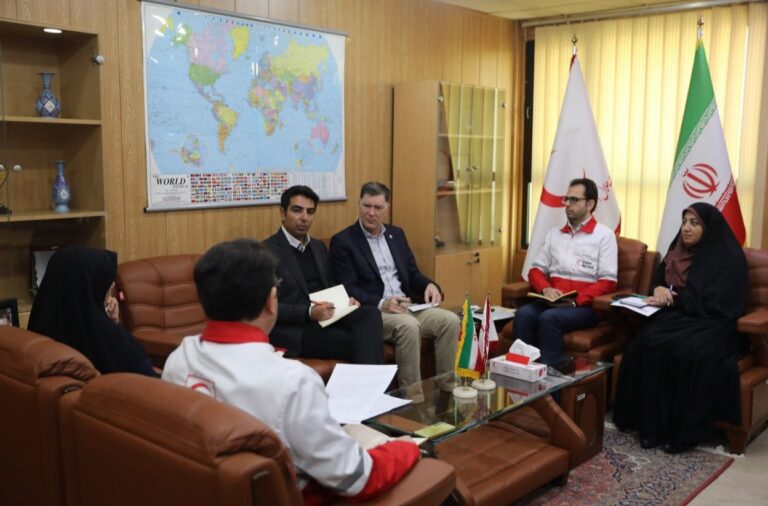
Similar Posts

Transforming Workplace Health and Safety: How AI and Digitalization are Leading the Revolution
Artificial Intelligence (AI) and digital technologies are revolutionizing occupational health and safety (OSH), as highlighted on World Day for Safety and Health at Work, April 28. The theme emphasizes AI’s transformative role in enhancing workplace safety and efficiency. Key advancements include task automation, smart monitoring tools, and virtual training environments. However, the digital shift also introduces risks such as unpredictable robotic behavior, system failures, cyber threats, and ergonomic issues. To address these challenges, worker involvement in technology adoption and robust training initiatives are essential. Prioritizing safety and health will help mitigate risks and protect employee well-being in evolving industries.

IRCS and ICRC Join Forces to Enhance Services in Underserved Communities
In a recent meeting in Tehran, the Iranian Red Crescent Society (IRCS) and the International Committee of the Red Cross (ICRC) discussed enhancing collaboration to provide vital medical and rehabilitation services in underserved areas of Iran. ICRC representative Vincent Cassard stressed the importance of preventing disabilities and expanding psychosocial support. The IRCS, with its 270,000 personnel, is committed to improving access to healthcare. A joint secretariat for rehabilitation services was established, aiming to streamline efforts and promote international cooperation. Both organizations focus on addressing the pressing needs of individuals with disabilities, enhancing the overall healthcare system in Iran.

Lake Urmia’s Water Volume Surges by 160 Million Cubic Meters Year-over-Year!
Lake Urmia, one of the largest salt lakes globally, is experiencing a recovery with a notable rise in water levels, now at 1.55 billion cubic meters—an increase of 160 million cubic meters from last year. Despite a 38% decline in precipitation, collaborative projects led by the UNDP and funded by Japan aim to promote sustainable agriculture and conserve the ecosystem. Since 1995, the lake has faced significant challenges due to climate change and agricultural expansion, prompting ongoing restoration efforts. Effective water management strategies are crucial for the lake’s future sustainability and the well-being of surrounding communities.

Unlocking Wellness: How a Healthy Ramadan Diet Combines Nutrition and Traditional Medicine
Iranian traditional medicine provides insightful guidance for self-care during Ramadan, emphasizing the importance of well-being through fasting. While fasting is spiritually significant, individuals with health conditions like diabetes or hypertension may need to abstain. Experts recommend eating lightly during Suhur and breaking the fast with easily digestible foods such as dates and honey. Gradual reintroduction of food post-fast is advised, prioritizing fruits and whole grains. Individuals should modify their diets according to personal health needs and avoid heavy or spicy foods. Engaging in exercise should be timed wisely to prevent dehydration. Overall, these practices enhance health during the holy month.

